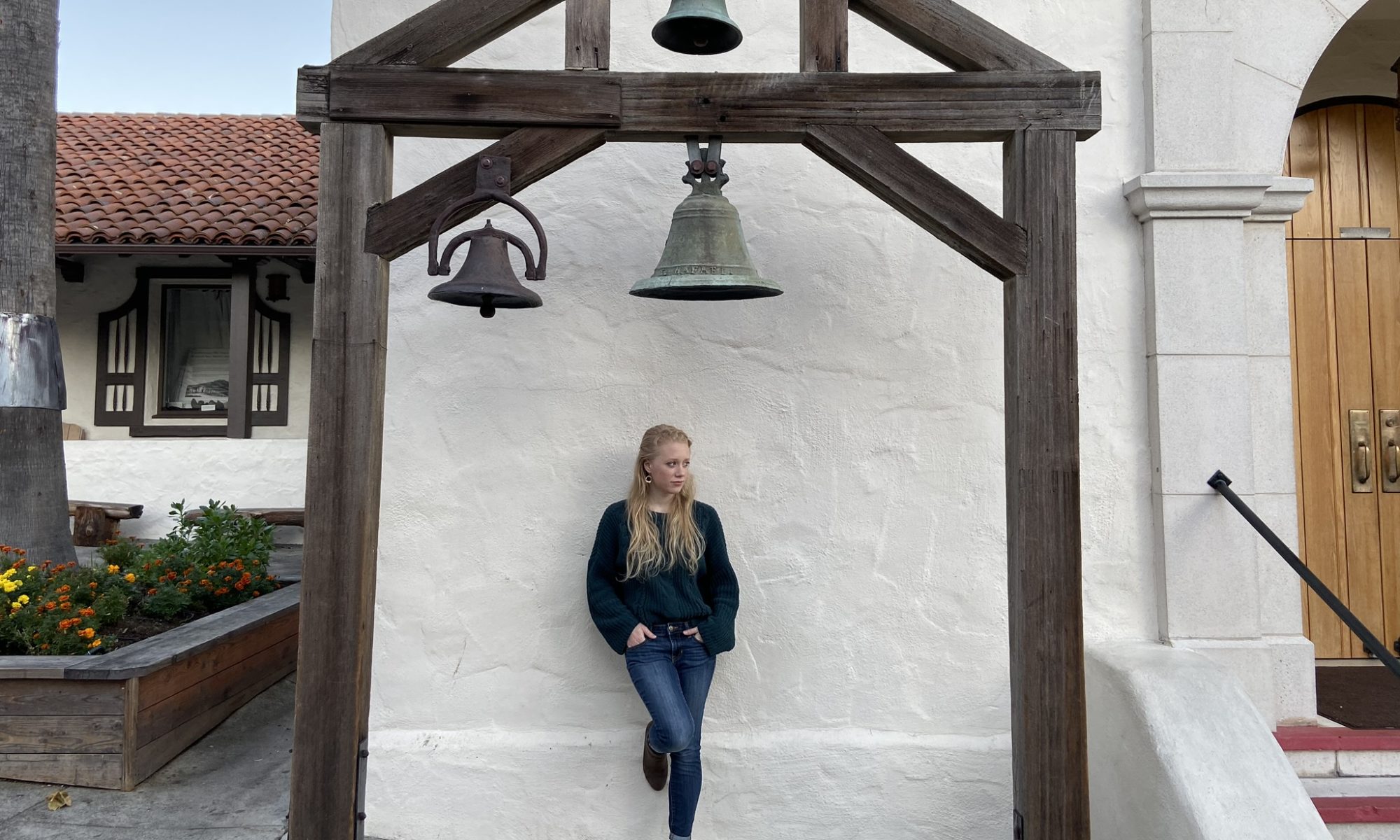If you’ve been struggling with an aging congregation, you’re probably thinking about ways to draw some younger folks into your church. And advertising, especially in the form of a trendy social media campaign, might seem like a good place to start. After all, Millennials and Generation Z love that kind of stuff, right?
Well, kind of. But not really.
Practically since we started walking, advertising gurus have sat around in conference rooms asking themselves the same question: how do I get Millennials to buy my stuff? Even before I had purchasing power, I was targeted through an endless parade of commercials, designed to make me pressure my parents into buying me toys. As I grew older, it turned into nonstop social media bombardments. Now, I’m targeted everywhere I look and listen–in my Spotify ads, before, during, and after my YouTube videos, with trendy billboards downtown–the list goes on. As a result, I–and the rest of my generation–are getting both wise and numb to traditional advertising.

See, unlike previous generations, I’ve grown up with ads that are targeted so specifically, it’s terrifying. Advertisers don’t just know my gender and age; they know my clothing style, my music preferences, and so, so much more. And then they exploit that knowledge to get my money.
In other words, for my generation, advertising is tainted. On the one hand, it’s a daily reality that often makes life convenient. On the other, it’s associated with people turning our identities into profit.
Of course, I’m used to corporations doing it. But I don’t want that from my church. I want them to care about me as a human being, not just as a young person they want to hook, a consumer who fills their pews and their offering plates.
Here’s another thing. Say you do put together an amazing ad campaign. Say it works. Millennials come pouring into your church. Then what? If they don’t like it, they’re not going to stay. First, you have to create a church that will draw their heart, not just a campaign that appeals to their trendiness.
If not advertising, what, then?

So, if directly “appealing to Millennials” is actually going to drive them away, then where do you go from here? Well, I’d actually suggest backing up. After all, getting younger people in the pews isn’t the point of church. The point is to follow God, who asks the Church to meet the spiritual needs of the community around it.
Don’t fret. Avoiding this kind of marketing doesn’t mean that you won’t have young people in your church. The thriving churches I studied teemed with Millennials. But their pastors told me that they hadn’t advertised hardly at all. Instead, they said, people had simply showed up. News had gotten around by word of mouth. People showed up and liked what they saw. So they stayed, and they told their friends.
In other words, these churches had created a church that met the spiritual needs of young adults. And it worked. So do that first.
So, do I even need a website?
Yes. This does NOT mean that you don’t need an online presence. To the contrary: I’d highly suggest hiring a professional (preferably a Millennial) to design a modern, easy-to-use website. If you want an idea of what your website should look like, check out the web presence of your local megachurch, which I almost guarantee is doing a fantastic job (mine is linked here). Social media accounts are also a must if you want to communicate with young adults about your events.
But the point of this online presence isn’t advertising. Rather, it should be a resource to members, prospective visitors, or people who want some spiritual guidance. It should be an extension of the Sunday service for people who attended. It should also be a resource guide for people who are planning on attending next Sunday.
So if your congregation is aging and you don’t know what to do about it, don’t jump straight to advertising as a quick-fix. First, consider what the new spiritual needs are of the new, younger community around you. Ask yourself how God’s calling you to meet those needs, in addition to those of your current congregation. Once you’ve figure that out and implemented it, then you can re-vamp your website and upgrade your social media presence.
Reorienting your church for an entirely new generation and society is an overwhelming process, and you don’t have to do it alone. That’s what this online community is for. Check back in for articles on how to create a congregation that includes Millennials and Gen Z.


